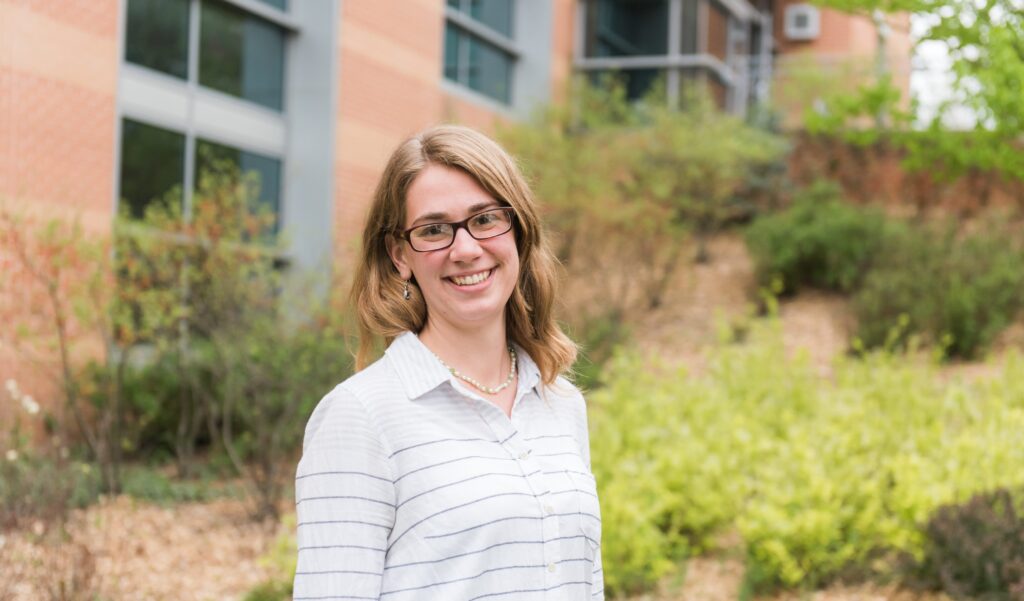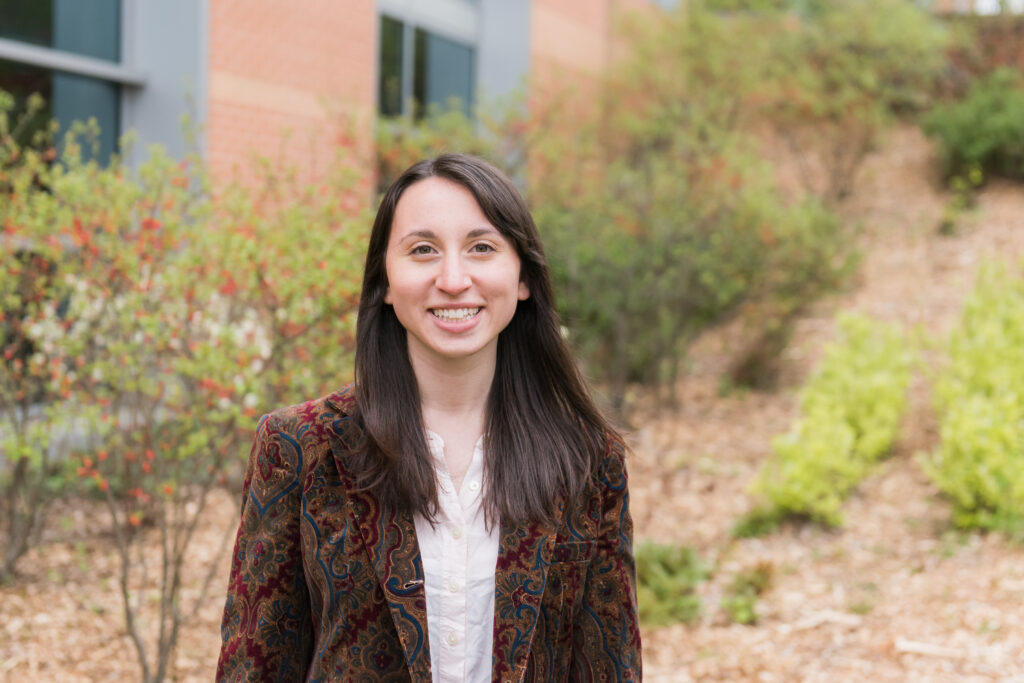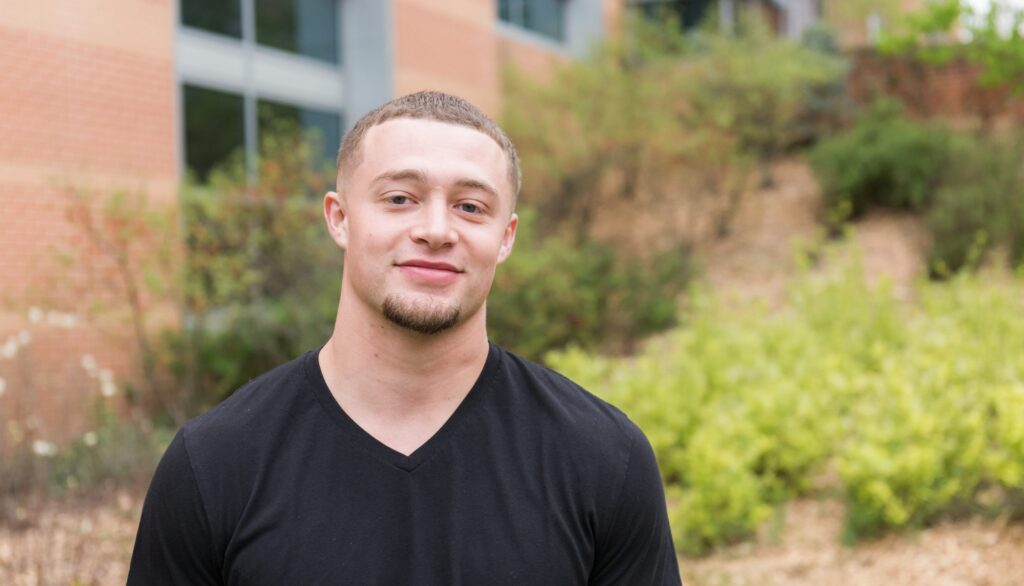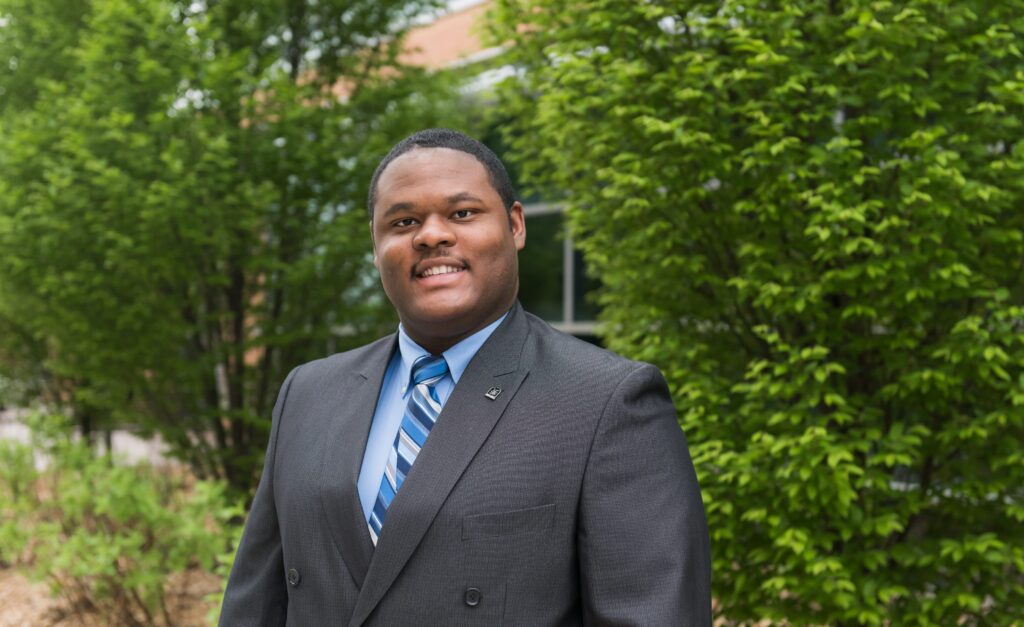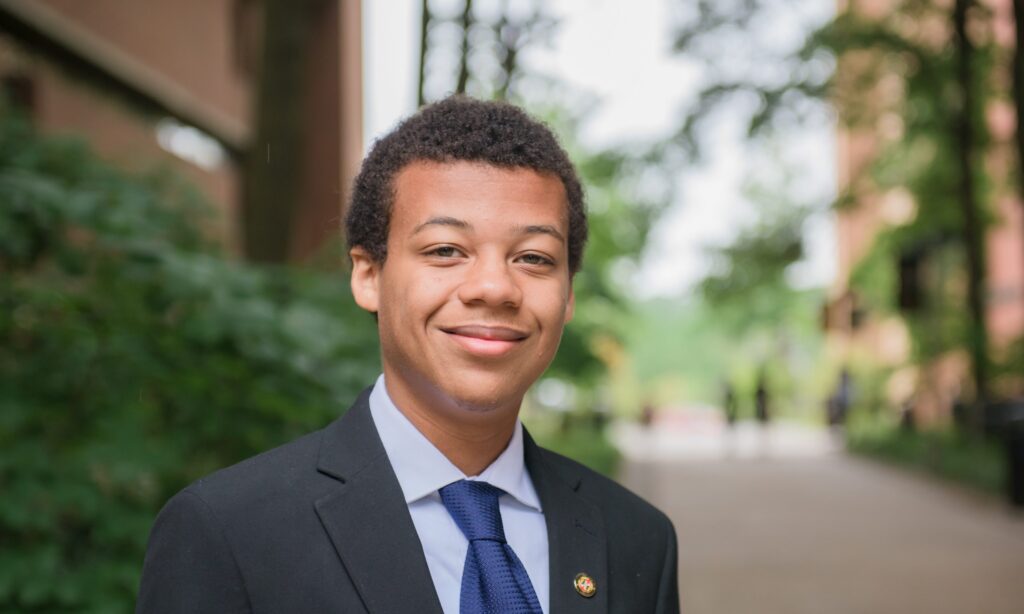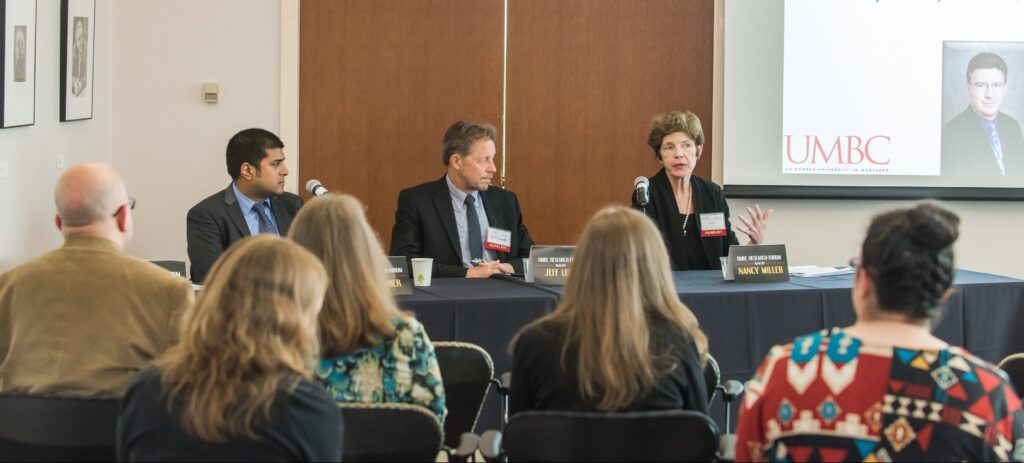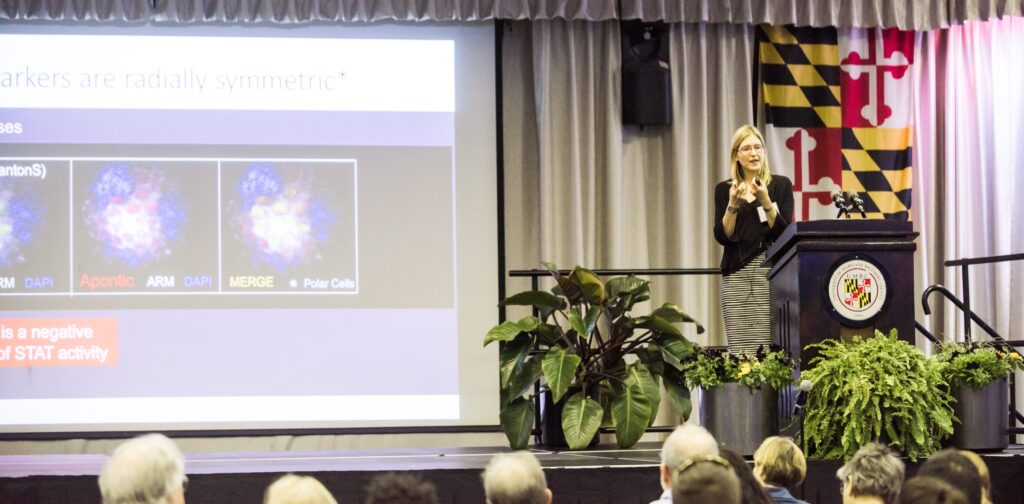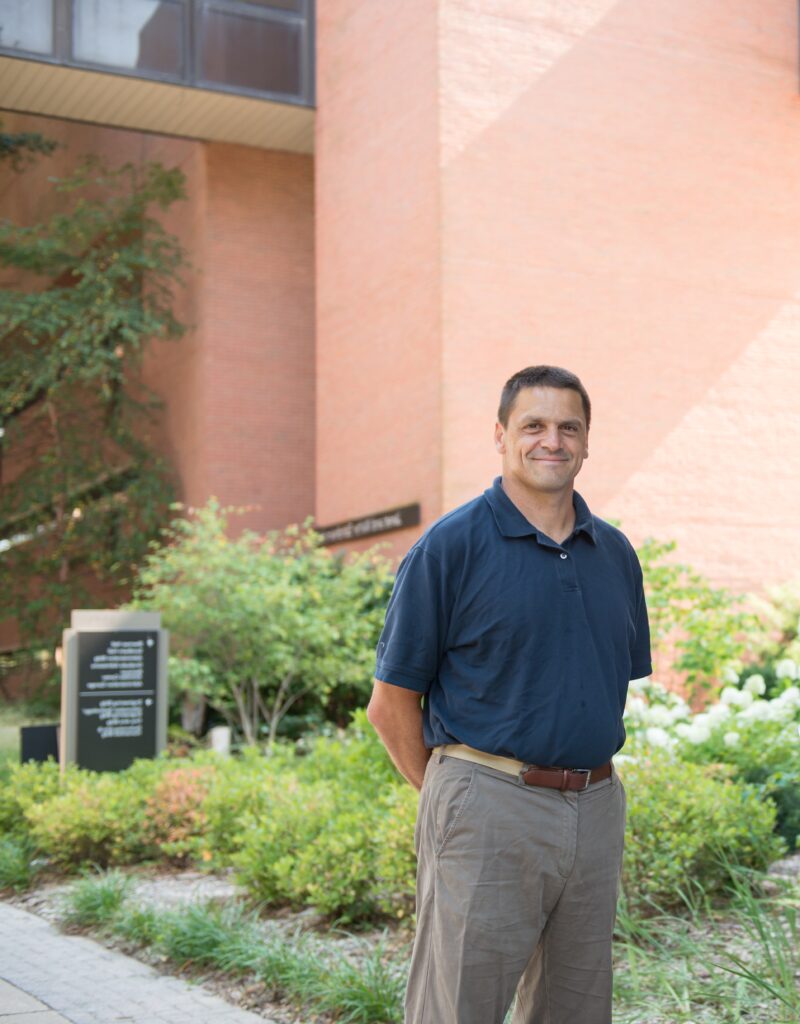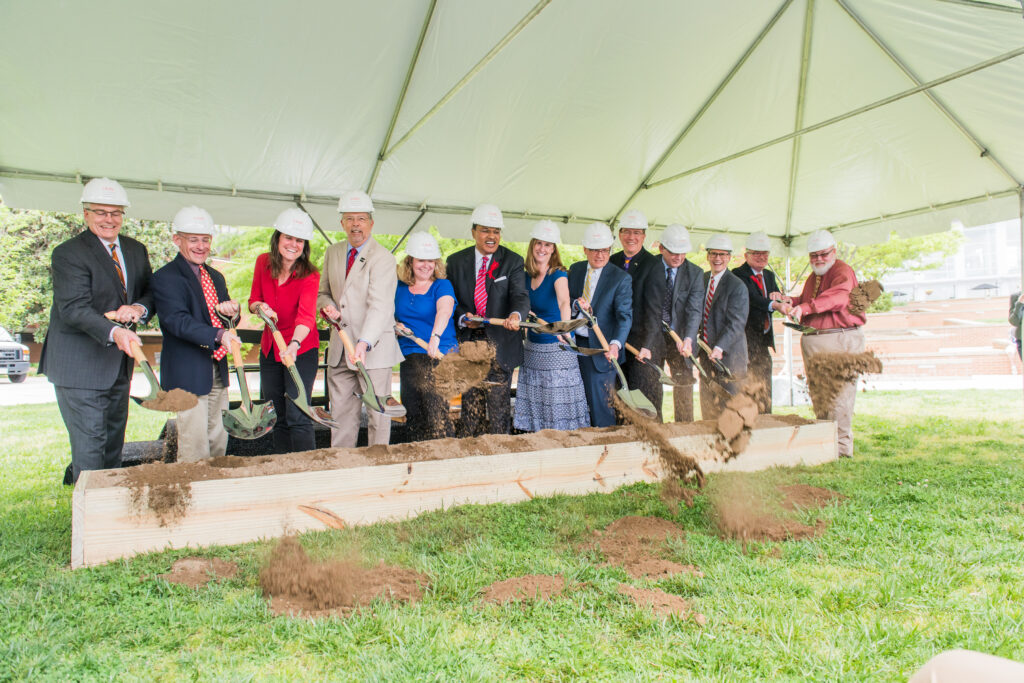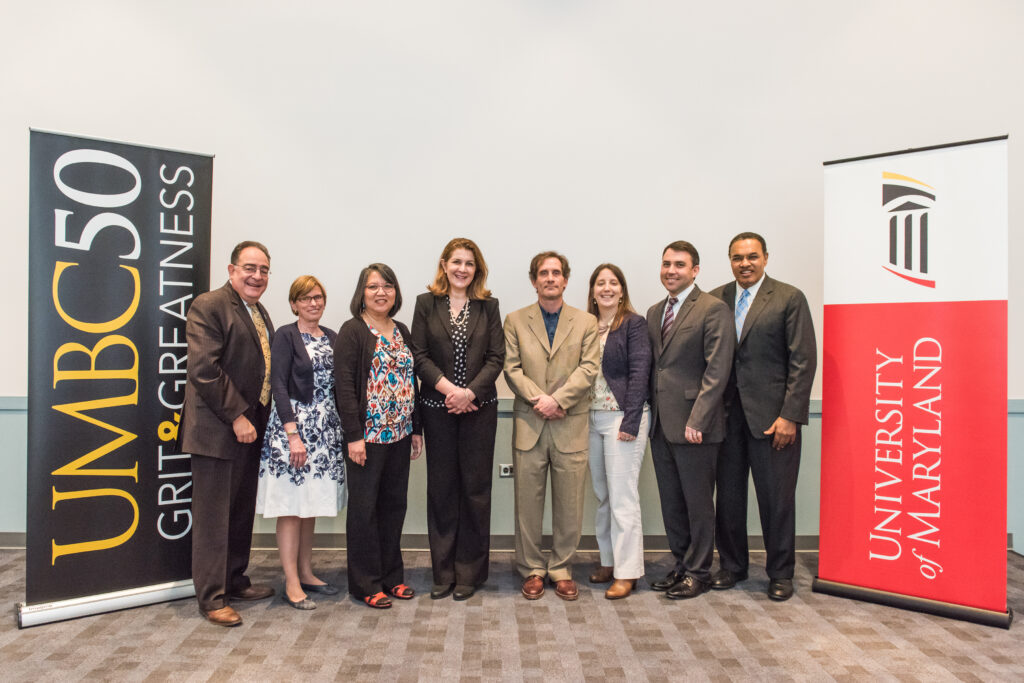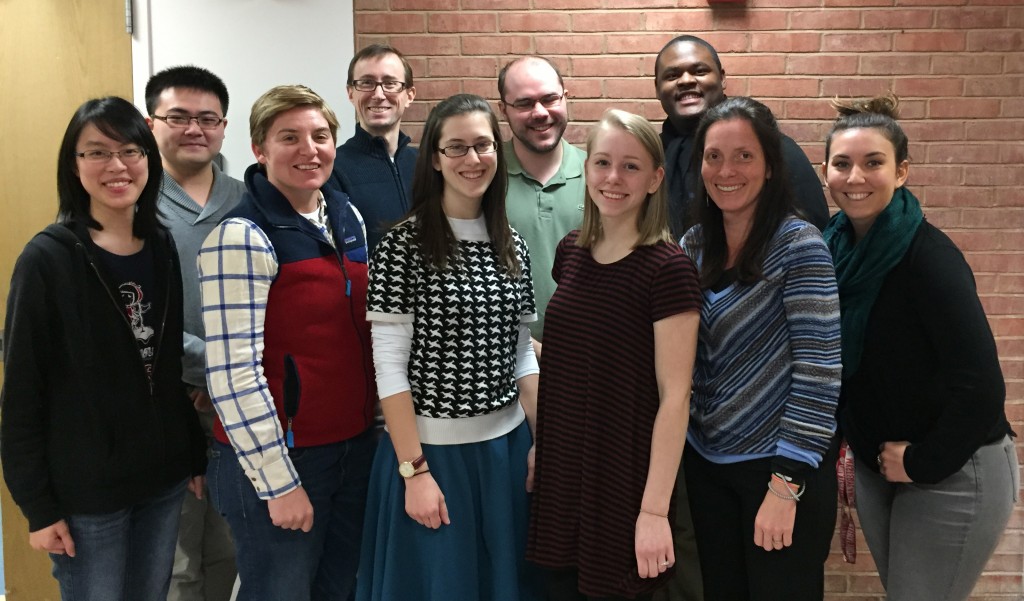Jaelyn Bos applies passion for ecology to teaching biology in Mozambique
“My experiences with the Shriver Center were my most meaningful at UMBC, and they showed me how to incorporate social change into my future ambitions,” says Bos. “I appreciate how UMBC encourages and empowers students to create change on and off campus.” Continue Reading Jaelyn Bos applies passion for ecology to teaching biology in Mozambique

